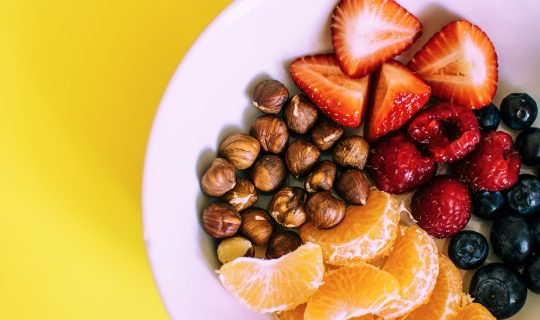Ozempic, Wegovy and other GLP-1 agonists — often referred to as weight loss jabs — have become almost impossible to ignore. They’re widely promoted for appetite control, weight loss and improved blood sugar regulation, and for many busy women they seem like a welcome shortcut when trying to lose some extra weight (not discussing here…
October vegetable of the month: Spinach
by Lucia Stansbie
Spinach originated in Persia to then be traded with China and finally came to Europe in the 13th century.
Is part of the amaranth family, so is related to beets and quinoa.
There are three main categories of spinach: the savoy which has wrinkled leaves, the sami-savoy (not as wrinkly) and the flat leaf spinach which is the main category we see in shops.
Spinach are part of the “dirty dozen” vegetables, meaning that if not organic can be heavily spayed with pesticides.
Nutritional value
Spinach can be considered a super food – rich in many nutrients and with a high content of protein, 2.9 gr per 100gr!
Spinach is an important source of major electrolytes: calcium, magnesium and potassium. Electrolyte balance is essential for nervous system function and cardiovascular health.
Spinach also have a great amount of vitamin K – one cup of cooked spinach as 987 percent of your recommended daily intake. Vitamin K is vital for bone health, blood clotting and wound healing. Be mindful of excessive amounts of vitamin K if you are on blood thinning drugs, as this would counteract the effect of the prescribed medicines.
A cup of cooked spinach also has 36% of your recommended daily iron intake – great news for vegetarian and vegan or people on a low meat/fish diet and Popeye fans!
Spinach is also a rich source of various antioxidants like alpha-lipoic acid, beta-carotene, lutein and other anti-inflammatory flavonoids. Lutein is associated with eye health, protecting the retina from sun damage and potentially helping prevent glaucoma and cataracts.
Despite being a very nutrient rich vegetable, people at risk of kidney stones should be mindful as spinach is rich in oxalates – the main component of kidney stones.
Recipe ideas
Spinach is one of the most versatile vegetables and is easy to add to most meals. Can be great in a smoothie for breakfast or a side to eggs, in a frittata for lunch or as a side to meat or fish for main meals. Spinach can also be added to your pasta or gnocchi dough – a great idea to add some colour and vegetable content to otherwise very carb heavy foods!



